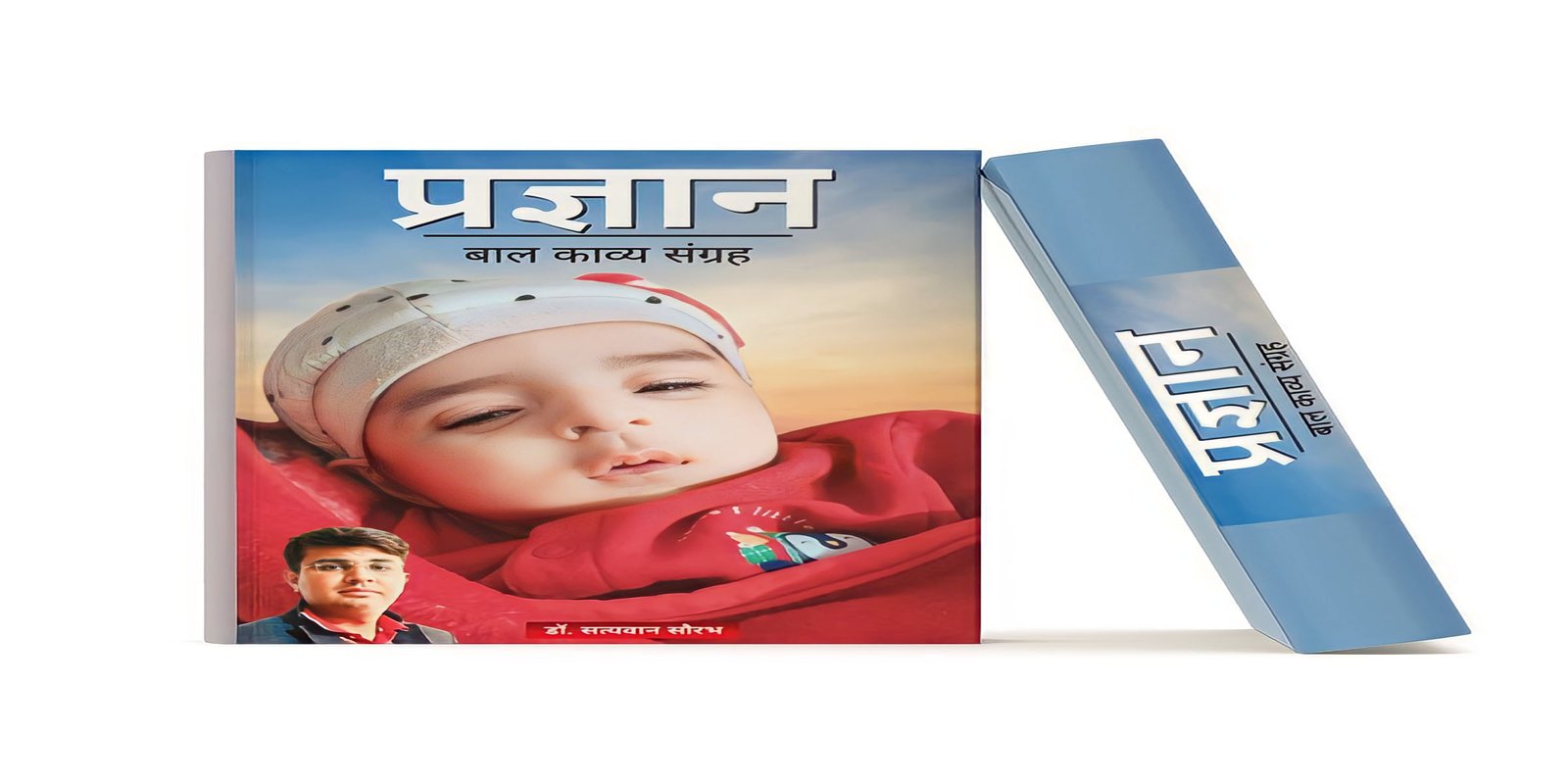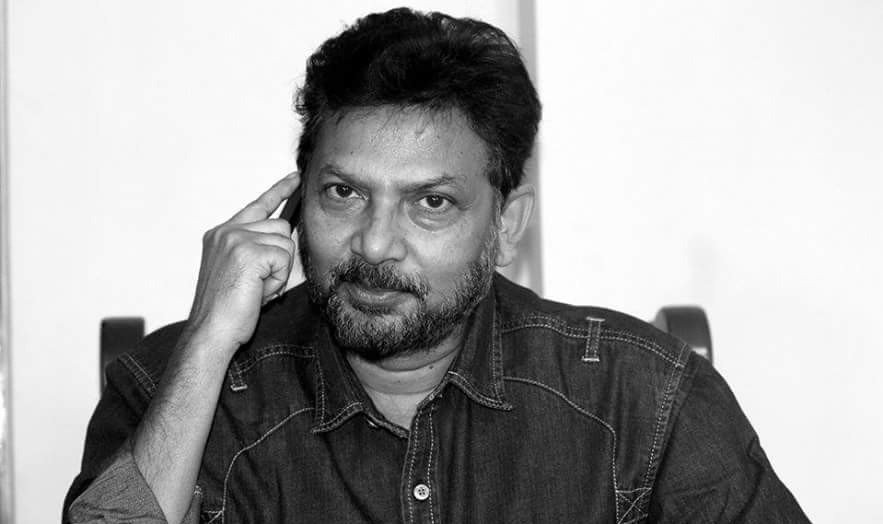A Tribute to a Poet for Women on International Women’s Day
By: Dr Ratan Bhattacharjee
It was in a largely male universe that Eunice de Souza stood out a lonely fighter who wrote about what moved her, and on her own terms. She wrote about being a woman, the disappointment that might have wrought in her family. Her parents wanted a boy, she grew up with anger and her quiet anger seethed in poem after poem. She started her wide range of writings including the novels Dangerlok (2001) and Dev and Simran (2003), four children’s books and poetry collections without ever forgetting that she is a crusader against the male domination. Dangerlok follows Rina Ferreira a middle-aged lecturer in English literature and poet as she negotiates life as a single woman in Mumbai. Dev and Simran is a moving tale about a couple living in the heart of Bombay and grappling with everyday married life and the loss of a child. She has also edited numerous books and has written a weekly column for the Mumbai Mirror covering a range of issues from literature, history, and politics to personal experiences. Her well known English poetry collections include Fix (1979), Women in Dutch Painting (1988), Ways of Belonging (1990), ‘A Necklace of Skulls’ (2009) and ‘Learn from the Almond Leaf’ (2016). De Souza, throughout her writings reveals a serious reflection on the plight of numerous Indian women across different social contexts: a maid, a daily wage worker or an isolated ‘housewife’. Her poems commonly explore the loss, alienation and isolation that accompanies womanhood.
Eunice de Souza who taught for long time in St Xavier’s College was the only Indian woman to be included in the Oxford India Anthology of Twelve Modern Indian Poets (1992). She has even edited a number of books, including the anthology, Nine India Woman Poets, published the by Oxford University Press which includes her insight into poems written by Indian women through history. De Souza has also been involved in theatre both as an actor and director. Even as a professor at St. Xavier’s College, she was closely involved in the theatre and literature festival, Ithaka. Her major achievement has been providing a deep understanding of the contemporary social climate and gender relations. “She was an eminent figure who dominated the poetry skyline,” says Sahitya Akademi winning author Jerry Pinto.
Eunice de Souza’s birth in a Goan Catholic family did not make her a conventional woman and she knew how to bang on the patriarchal institutions. The theme of loneliness in a woman’s life is understood by her better than anyone else after Kamala Das in Indian English poetic literature. She herself did not marry whole life. “It is not a lack of love, but a lack of friendship that makes unhappy marriages.” said Friedrich Nietzsche. In a poem like ‘Bequest’ or ‘Advice to Women’ she is crystal clear in her voice. As the title suggests this poem ‘Advice to Women’ is her dealing with romantic rejection and tackling panacea for tragic break up of romantic marriage or love affair. Here she pragmatically advises women to imagine themselves as Cat which can be models when a woman is treated unfairly or shaken by romantic partners. Cats are known to be haughty, conceited and indifferent. They come and go as they please. They do not bother who come and go in their life. A woman can handle romantic breakups with the same indifference to the world of cats when lovers behave unjustly unfairly. After reading a poem of de Souza a woman will feel confident that she will no longer play the traditional roles. This is how she took a U-turn in the sphere of romantic love poetry. Poet Ranjit Hoscote once said that, “She had a distinctive voice, wry and sardonic, and there was a kind of cruel wisdom in her poetry. Her work became more minimalist over time, and the poems in her last collection have a crystalline clarity.”
Arundhati Roy once told that she cropped her hair to reject her female stereotype. Cataloguing female beauty is a property of the romantic poetry which Eunice de Souza discarded fully in her writings. In one poem ‘Women in Dutch Painting’ she gives a realistic description of a wife who is a prisoner in the male fort.
“The afternoon sun is on their faces.
They are calm, not stupid,
Pregnant, not bovine.
I know women like that
and not just in paintings — an aunt.”
Just imagine the confident tone of the poet in denunciation of the male domination. She studied English literature with an MA from the Marquette University in Wisconsin, and a PhD from the University of Mumbai. She taught English at St Xavier’s College, Mumbai and was the HoD until her retirement. So, she knew the hyperbolical portrayal of woman in romantic poetry where women are imagined as weaving magic or dreams for the male world. But she deviated from this mainstream of romantic poetry to give a realistic picture of female hood.
Almost all her poems reveal her strong sense discomfort with patriarchal institutions. She also questions rigid traditions of traditional Christianity in her work. For instance, in her poem ‘Bequest’ she dismisses one of the most iconic symbols of traditional Christianity, that of Christ sacrificing his blood to redeem humanity. She foregrounds a woman’s sense of self-worth, saying she wants to live not by the sacrificial paradigm or rigid social conventions but by her own terms and conditions. In poems like Autobiographical, One Man’s Poetry and Forgive Me, Mother, de Souza wove in details from her own life and that of her family. In her work, she admirably used colloquial Bandra English and legitimized it. Her strong questioning of patriarchal social institutes is particularly evident in her poem, “Marriages are Made”. Eunice De Souza herself chose to remain single, caring for her mother until the latter’s death. The poet Ranjit Hoskote upon her death in 2017 said that, “For young poets, particularly women poets, her approach was very liberating.” (The writer is an Associate Professor and Head Post Graduate Department of English, Dum Dum Motijheel College, a trilingual Columnist and a poet and can be reached at profratanbhattacharjee@gmail.com)












